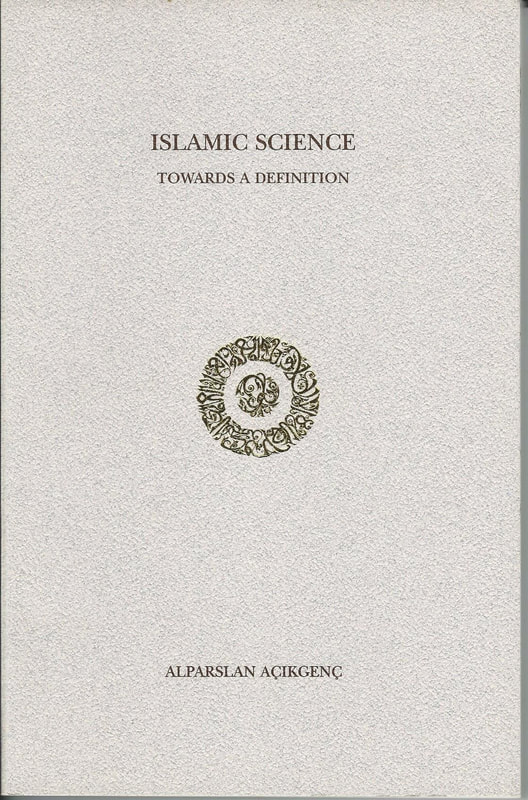Book Review: Alparslan Acikgenc: Islamic Science: Towards a DefinitionOne of the aims of defining Islamic Science is to generate theoretical understanding of and insight into the nature and meaning of the concept and enterprise of Islamic Science, and thus to formally differentiate it, to the extent possible, from other sciences, especially modern western science, or even from other salient manifestations of Islamic civilization, like Islamic Art. Of course formal definitions have their limits, but a basic working definition, if sound and critically accepted, can provide a degree of rigor, direction and coherence to a discourse that at times tends to be as disunified as the number of participants engaged in it, which is significant lately, mainly because, as Acikgenc himself realizes, "they did not first try to understand what he [al-Attas] meant by islamization" (p. 1).
|
Adi Setia
|
|
© Center for Islamic Sciences. All Rights Reserved.
Designed and Developed by Crescent Marketing Solutions |


